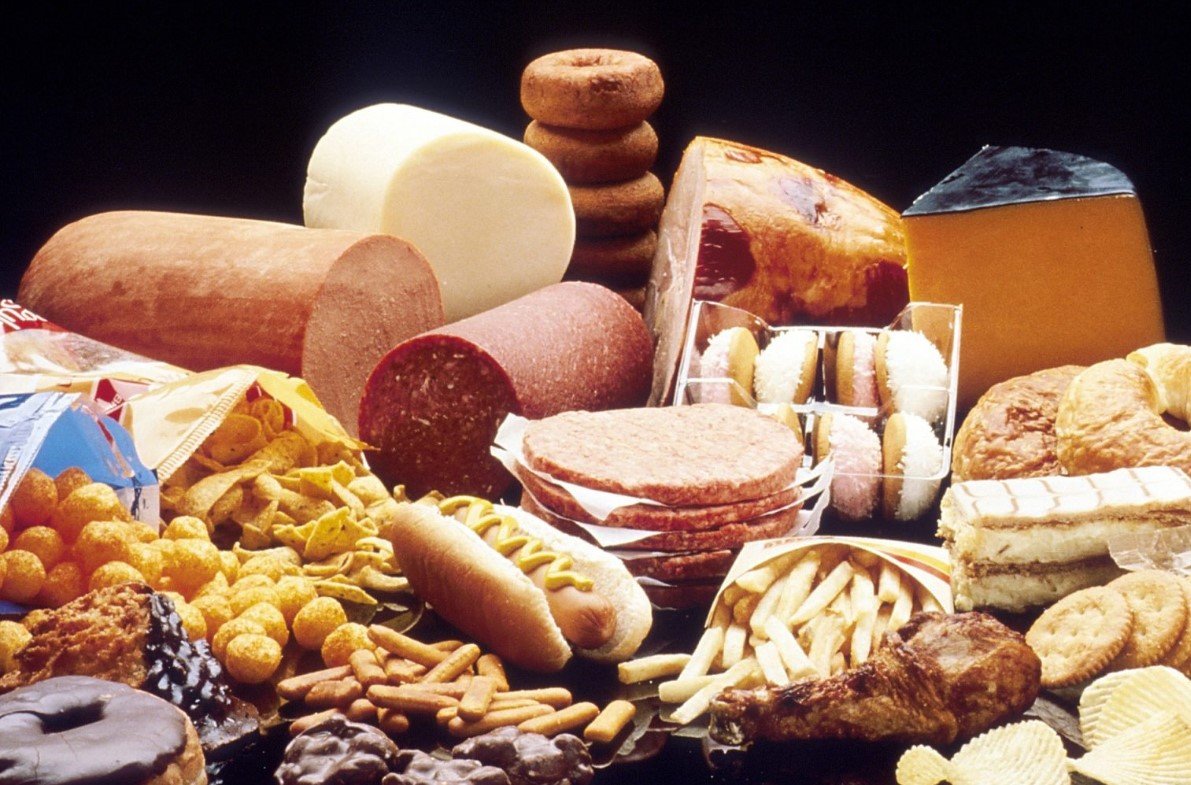Ultra-processed food (UPF) has become a ubiquitous part of our modern diet. From microwaveable dinners to colorful snack packs, these convenient options often find their way into our kitchens and lunchboxes. But what exactly are ultra-processed foods, and why should we pay attention to them? In this article, we’ll explore the risks associated with UPF and discuss ways to reduce our intake.
The Definition of Ultra-Processed Food
Ultra-processed food refers to products that undergo extensive processing during production. These foods typically contain ingredients you wouldn’t find in your home kitchen. Think of emulsifiers, preservatives, artificial flavors, and other additives. Unlike whole foods (such as fresh vegetables, fruits, eggs, and nuts), UPF goes beyond basic cooking or simple alterations. If it’s wrapped in plastic and contains unfamiliar ingredients, chances are it’s ultra-processed.

The Risks of Consuming Ultra-Processed Foods
Research has linked UPF consumption to a wide range of health issues. Let’s delve into some of the most concerning risks:
- Cardiovascular Disease: Studies show a strong association between UPF and cardiovascular problems, including strokes and heart attacks. The excess salt, sugar, and unhealthy fats in these foods contribute to elevated blood pressure and cholesterol levels.
- Obesity and Weight Gain: UPF often leads to weight gain due to its high calorie content and low nutritional value. The addictive nature of these foods makes portion control challenging.
- Mental Health Disorders: Emerging evidence suggests that UPF consumption may impact mental health. Depression, anxiety, and mood swings could be linked to our diet choices.
- Diabetes: Ultra-processed foods can disrupt blood sugar levels, increasing the risk of type 2 diabetes. Their rapid absorption and lack of fiber contribute to insulin resistance.
- Sleep Problems: The additives and stimulants in UPF may interfere with sleep patterns, affecting overall health and well-being.
How to Reduce Your Intake
While avoiding UPF entirely might be challenging, here are practical steps to minimize its impact:
- Read Labels: Look for foods with minimal processing and recognizable ingredients. Avoid products with lengthy lists of additives or health claims on the packaging.
- Cook at Home: Preparing meals from scratch allows you to control the ingredients. Opt for fresh produce, whole grains, and lean proteins.
- Limit Snacking: Replace packaged snacks with whole fruits, nuts, or yogurt. Choose whole-grain bread over mass-produced loaves.
- Stay Hydrated: Sometimes thirst masquerades as hunger. Drink water throughout the day to reduce unnecessary snacking.
- Educate Yourself: Learn to identify UPF and make informed choices. Gradually replace processed items with healthier alternatives.




































